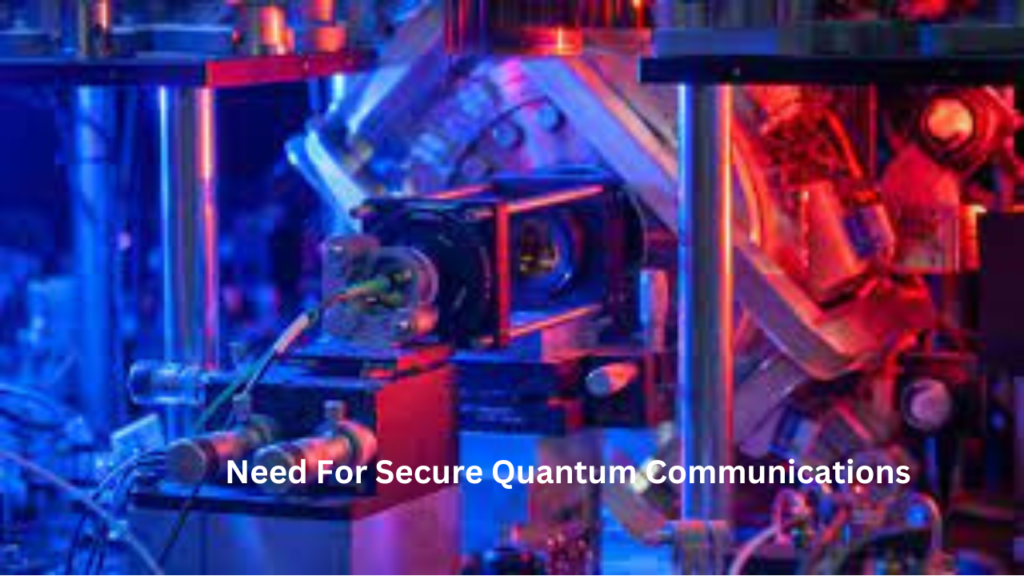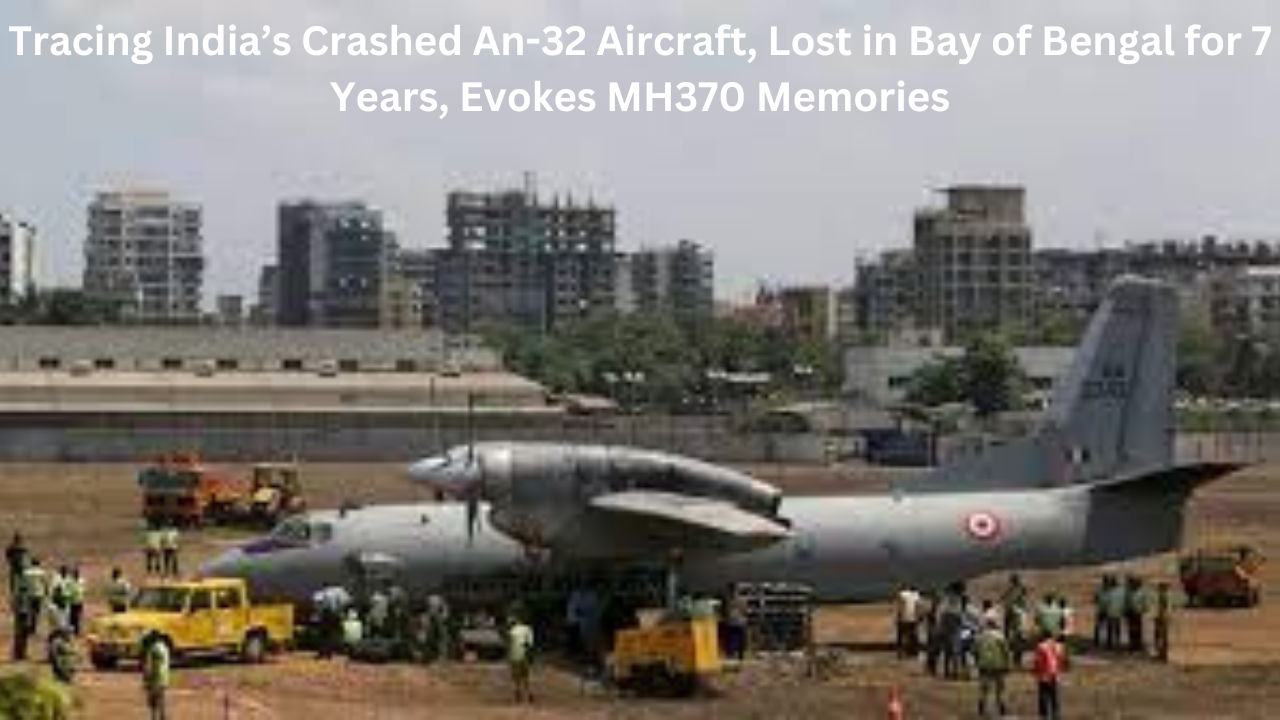Russia and China have inaugurated an innovative satellite-based quantum communications system, positioning it as a foundational element for an expansive geopolitical initiative aimed at providing coverage to allied nations in the Global South.
The groundbreaking satellite-based quantum communications system, facilitated by the Chinese Mozi satellite, achieved a significant milestone by successfully transmitting a message from a ground-receiving station in China to a Russian facility nearly 4,000 km away. Alexey Fedorov, affiliated with Russia’s National University of Science and Technology and the Russian Quantum Center (RQC), disclosed details of this successful experiment in a paper published in mid-December.
The primary objective of the experiment was to demonstrate the hack-proof capabilities of quantum communication, leveraging cryptography to encode data in single photons.
This revelation comes in the wake of prior reports outlining Russian and Chinese intentions to collaborate on sharing satellite intelligence and data, as part of their broader space cooperation program.
Notably, India was extended an invitation to join the project in July of the previous year during a meeting of the Brazil-Russia-India-China (BRICS) grouping. The invitation was reportedly based on India’s credible research efforts in quantum technology, positioning it as an ideal candidate for participation in this cutting-edge initiative.
Securing Quantum Communications: A Critical Imperative.

As reported by the South China Morning Post (SCMP), a significant achievement in quantum communication has been reached by Russian and Chinese scientists. They successfully transmitted two encoded images using ‘quantum keys’ over a distance of 3,800 km. The communication occurred between a ground station near Moscow and another in the western Xinjiang region of China, near Urumqi.
This groundbreaking “full cycle” quantum communication test was made possible through the utilization of China’s quantum satellite, Mozi, which has paved the way for the development of both national and international quantum communication networks. Launched in 2016, Mozi has played a crucial role in facilitating various experiments, with China establishing a network of ground receiving and control stations.
The significance of such advancements is underscored by the challenges posed by advanced supercomputers and quantum computing, which have created new vulnerabilities in information systems. Researchers at the Russian Quantum Center (RQC), Moscow-based QSpace Technologies, and MISIS University address these concerns in a paper, emphasizing the need to secure information systems in the face of evolving technological landscapes.
But Quantum communication – which uses cryptography to encode data in single photons – plugs this vulnerability. Encrypted data is transferred into ones and zeros and decrypted with a ‘quantum key.’
The Quantum Communication Experiment: Insights and Innovations.

Significant strides have been made in advancing quantum key distribution; however, the practicality of ground-based transfer at satisfactory speeds through optical fiber cables faces limitations, typically extending up to approximately 1,000 km due to photon loss over extended distances, as outlined in the paper.
In 2016, China’s launch of Mozi aimed to overcome this obstacle, marking the initiation of long-distance quantum transmission. Collaboratively in 2020, Russian and Mozi teams established a ground station equipped with telescopes and cameras at the Zvenigorod observatory near Moscow. A series of experiments ensued between the Zvenigorod ground station and China’s Nanshan ground station near Urumqi.
The comprehensive quantum communication experiment involved the exchange of “secret keys” between Zvenigorod and Mozi, the latter orbiting between 600 km and 1,100 km above the ground station. The paper elucidates that upon the Chinese station receiving the shared key from the satellite, a connection was established between two stations separated by nearly 4,000 km.
The transmission of two encoded messages and their subsequent decryption relied on the utilization of the shared keys. The paper delves into the practicalities of Quantum Key Distribution (QKD) systems, providing more nuanced and realistic insights into their limitations.
India Unwilling Owing To Chinese Presence
Reports suggest that India’s hesitancy to engage in collaborative projects with Russia is rooted in security concerns, primarily linked to China’s significant government funding and support for strategic technologies such as quantum. During the Future Technologies forum on July 13 of the previous year, Russian President Vladimir Putin expressed his anticipation to “discuss specific projects” with Indian partners, particularly focusing on cutting-edge computing technology, data processing, storage, and transmission technologies.
Despite this intention, the realization of collaborative projects remains uncertain due to what is described as “heightened geopolitical tensions.” Indian government officials have disclosed that several Russian delegations have visited various Indian institutes and government-affiliated departments since January 2023. However, as of now, no concrete agreements or partnerships have been forged.
Russia-China Satellite Data Exchange

The Global Media report delves into President Vladimir Putin’s discussion of a pertinent issue during a meeting with China’s top military officer responsible for overseeing the People’s Liberation Army (PLA) in Moscow. Putin’s comments suggested a proposal for the two nations to exchange information gathered by their respective spacecraft orbiting Earth. The need for such collaboration is emphasized for Russia, given its current lag in deploying extensive reconnaissance satellites.
In exchange for this information-sharing arrangement, Moscow would reportedly assist in the construction of an early ballistic missile warning system for China. President Putin disclosed the existence of this system during the sixteenth meeting of the Valdai Discussion Club on October 3, 2019.
Infusing Quantum Technologies into the BRICS Framework.
Moscow and Beijing have heightened their collaborative efforts to establish an alternative financial, geo-economic, economic, technological, and commercial system, diverging from the Western-led mechanism. The development of the quantum communications link can be viewed as a strategic move in this direction.
In July of the same year, President Putin, speaking at the Future Technologies Forum in Moscow, expressed his intention to allocate a significant role to quantum technology in the economy and digital infrastructure. Alexey Fedorov also affirmed the technical feasibility of advancing future technologies in collaboration with fellow BRICS nations—Brazil, India, China, and South Africa.
Despite the scientific, technical, and commercial potential of the project, successful implementation would require alignment of national telecommunications, IT, and data exchange laws among the participating countries. Additionally, the establishment of quantum communications networks necessitates supporting infrastructure, including specialized satellites and ground control stations.





